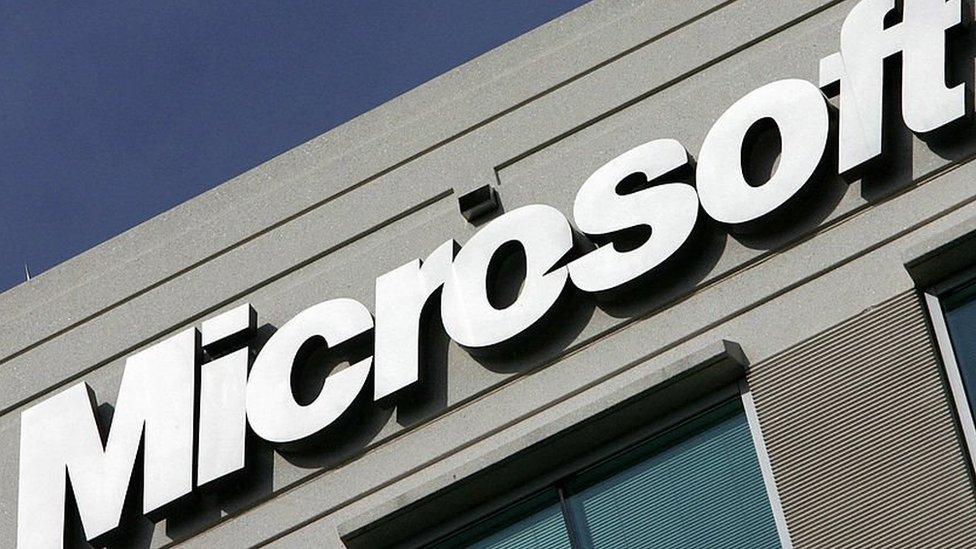Death threat issued in bogus tech support call
- Published

The bogus support calls typically claim to find problems with Microsoft Windows
A bogus PC support call turned nasty when a victim asked the scammer why he was trying to steal money from people, reports CBC.
The conman threatened to send someone to kill Canadian Jakob Dulisse after the challenge.
Despite the conversation turning nasty, Mr Dulisse said the threat was just a way to get him to pay money.
Microsoft estimates fraudsters make about $1.5bn (£1bn) a year through fake Windows support calls.
Older victims
The fake Microsoft tech support scam has been operating for many years and typically involves tricking a victim into paying to fix non-existent security threats on their home computer.
More recently people who know about the scam have been trying to turn the tables on the conmen by stringing them along and recording what happens next.
Mr Dulisse told the Go Public radio show, external that he spotted the scam early on in the call and then started asking questions about why he was targeted. Mr Dulisse also recorded the exchange. He said when he asked why the caller was trying to make people pay for services they did not need, the conversation took a "sinister turn".
The man admitted he was in India and said "Anglo" people who travel to the country were "cut up in little pieces" and thrown in the river.
The conman then quoted Mr Dulisse's address and said he would send someone round to kill him.
"He was actually threatening me as a tactic," said Mr Dulisse. "He was still trying to get me to do what he was trying to do with my computer."
Growing awareness of the support call scam was making the fraudsters more aggressive, said Gregg Keizer from Computerworld. Some victims are called many times a day to wear down their resistance, he said.
Figures released in January, external by Action Fraud - the UK's national reporting centre for fraud - suggest fraudsters are targeting people who are unfamiliar with computers to maximise their chances of success. The average age of UK victims is 59, it said, and on average each one loses £210 to the conmen.
In the six months between June and November 2014, there were more than 12,000 reports of fake computer support frauds, it said.
- Published27 February 2015

- Published19 December 2014

- Published31 March 2014
